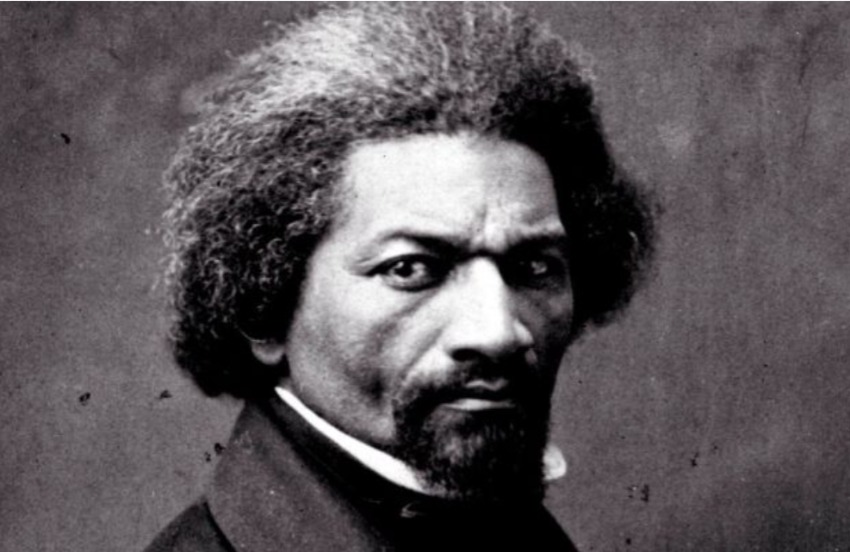THIS MONTH marks 175 years since Ireland was visited by one of the world's leading anti-slavery activists.
Frederick Douglass visited Ireland in autumn 1845 to spread the word of the horrific reality of the slave trade in the United States.
He delivered a series of lectures, including two in the city of Limerick, and was honoured by the Mayor of Limerick for his contributions to the struggle for human rights.
Born into slavery, Douglass bore permanent scars from the brutality he suffered; he was separated from his family at the age of six and sent to a plantation in Maryland, but from the age of 12 was taught the alphabet, and continued to teach himself how to read and write in secret, and went on to teach the skill to others.
He fell in love with a free woman and escaped from slavery in 1838, secretly boarding a train before using the identification papers of a free man to leave the state of Maryland, eventually reaching Philadelphia, known at the time to be an anti-slavery stronghold.
The couple settled and adopted Douglass as a second name, with deeply religious Frederick honing his public speaking skills by becoming a Methodist preacher.
He began speaking against slavery, telling his own story at an Anti-Slavery Society's annual convention, and was encouraged to become an anti-slavery lecturer; he also performed protests against segregation in America, famously being thrown off a train for refusing to sit in the segregated area.
 Frederick Douglass, anti-slavery activist, preacher and former slave
Frederick Douglass, anti-slavery activist, preacher and former slaveHis anti-slavery, anti-segregation speeches led him to being chased and beaten by an angry mob in 1843; he broke his hand in the attack and was left with an injury which pained him for the rest of his life.
According to Douglass's writings, the lack of racial discrimination he felt in Ireland left him amazed-- upon his arrival, he wrote:
"Instead of the bright, blue sky of America, I am covered with the soft, grey fog of the Emerald Isle. I breathe, and lo! the chattel becomes a man.
"I gaze around in vain for one who will question my equal humanity, claim me as his slave, or offer me an insult.
"I employ a cab—I am seated beside white people—I reach the hotel—I enter the same door—I am shown into the same parlour—I dine at the same table—and no one is offended."
"I find myself regarded and treated at every turn with the kindness and deference paid to white people."
"When I go to church, I am met by no upturned nose and scornful lip to tell me, 'We don't allow n****** in here!'"
He met and befriended Irish nationalist Daniel O'Connell-- also known as The Liberator, who was fighting for equal treatment of Catholics in Ireland-- and spent close to two years delivering lectures in Ireland and the United Kingdom.
More than a century after his death, plaques and memorials were set up in the Irish cities Douglass visited, including in Cork and Waterford, to commemorate the rallying speeches he made there.
 A plaque in Waterford City Hall, unveiled in 2013, to mark Frederick Douglass's visit to Waterford City in 1845 (Image: Waterford Civic Trust)
A plaque in Waterford City Hall, unveiled in 2013, to mark Frederick Douglass's visit to Waterford City in 1845 (Image: Waterford Civic Trust)And in June 2020, as Black Lives Matter protests erupted across the globe, the people of Limerick city donated more than €2,000 to commemorate Douglass and two other anti-slavery activists, Charles Lennox Remond and Samuel Ringgold Ward, who had delivered lectures in the city.
The money raised was to be used to set up permanent plaques "to increase awareness about the historic transatlantic links between Limerick and the U.S., highlight the role of some Limerick people in agitating to abolish slavery, acknowledge the brave anti-racist and anti-slavery work of black abolitionists in Ireland, and act as a beacon of anti-racism, solidarity and diversity in the heart of our city."
The fundraiser hit its target in less than 24 hours and the organisers are now working to find a suitable location and planning permission for the commemorative plaque.

